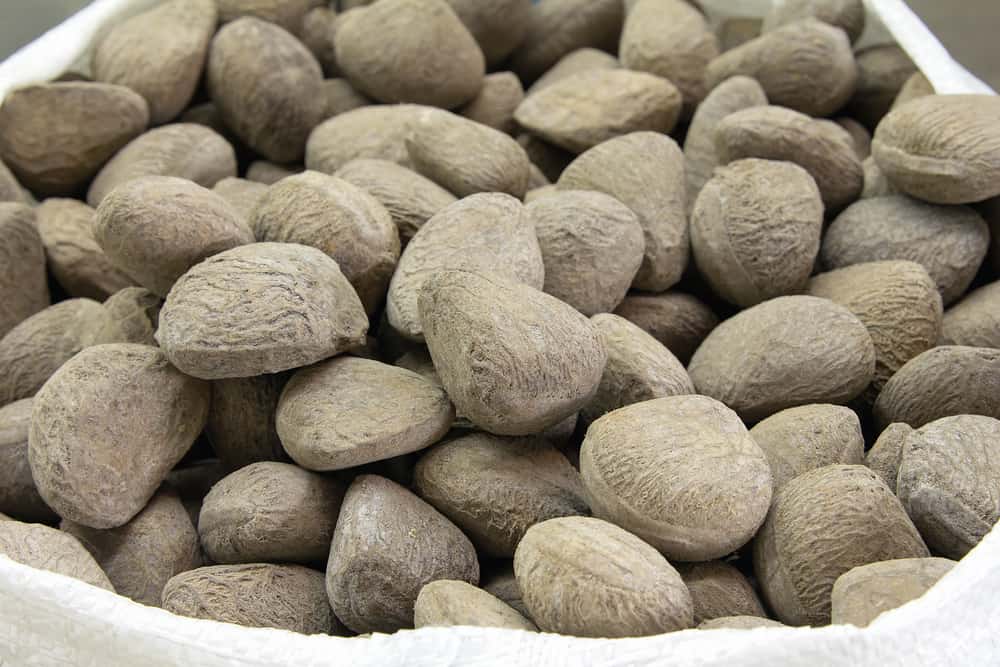Contents:
- Medical Video: Statin Use for Primary Prevention of Cardiovascular Disease in Adults
- What is the use of statins for cardiovascular disease?
Medical Video: Statin Use for Primary Prevention of Cardiovascular Disease in Adults
Statins can help reduce the level of low density lipoproteins (LDL), namely bad cholesterol in the blood, and statins help reduce production in the liver. High levels of LDL cholesterol can cause hardening and constriction of blood vessels (atherosclerosis) and cardiovascular disease (CVD). Statins are usually offered to those diagnosed with CVD, or those with a family history tend to develop CVD within the next 10 years.
What is the use of statins for cardiovascular disease?
Cholesterol is important for the body to work properly, but too much bad cholesterol (low density lipoproteins or LDL) is also not healthy. Bad cholesterol levels in the body can be reduced by using statins.
High levels of bad cholesterol in the blood can cause fat buildup in the arteries. This condition can increase the risk of developing cardiovascular diseases such as coronary heart disease (which triggers angina and heart attacks) and strokes. If you have had a heart attack or stroke, using statins will be useful to reduce the risk of other events. If you have peripheral artery disease, it is recommended to use statins to help slow the progression of the disease. Even if your health condition is fine, or you have a high risk of cardiovascular disease, you can be prescribed statins, for example if you have a family history of cardiovascular disease. Statins can help reduce your risk. A study also recommends using statins to help reduce the risk of stroke if you are over 65 years old.
The body will always produce cholesterol, so if you stop using statins, it's likely that cholesterol levels will rise. If you are prescribed a statin, you must use it every day. The performance of statins will be increasingly felt if used in the long run.
The latest search from a study found four new trials and updated follow-up data on three trials included in the original review. As much18 controlled trials were randomly entered. Then, 14 trial patients recruited with certain diseases (increased lipids, diabetes, hypertension, microalbuminuria). All causes of death are reduced due to the use of statins; according to a combination of CVD / CHD / fatal and non-fatal stroke. Reducing the level of revascularization is also seen. Total cholesterol and LDL cholesterol are reduced in all trials, but there is evidence of the effects of heterogeneity.
There is no evidence of serious harm caused by the use of statins. The available evidence to date shows that early prevention with statins tends to be cost-effective and can improve patients' quality of life. The latest findings using meta-analysis data of individual patients show that this benefit is similar to them (less than 1% per year) which is a low risk of cardiovascular disease.
It is important for you to take medicine regularly according to the prescription. Usually, statins are taken at night, when the most cholesterol is produced in the body. Check with your doctor or pharmacist if you have to use statins. If the risk factor is just age, you don't need to use statins.
Please consult a doctor if you have questions or problems.












